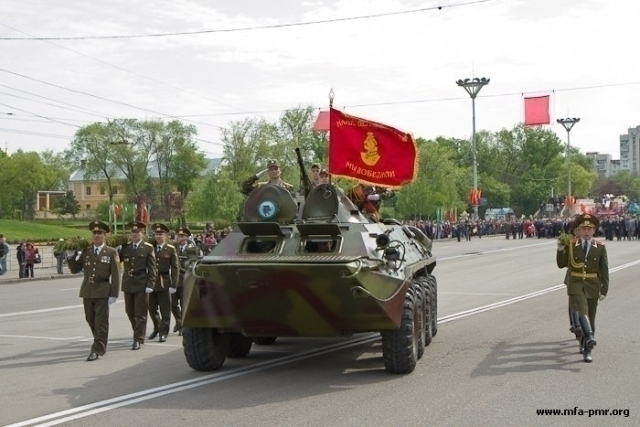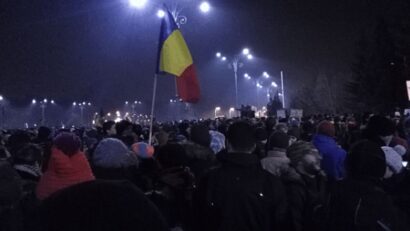Again on the withdrawal of Russian troops from Transdniester
Russia has reconfirmed its readiness to withdraw ammunition from Moldovas separatist region of Transdniester.

Bogdan Matei, 12.09.2019, 13:50
Forced to deal with an often uncomfortable cohabitation between the pro Russian Socialist president Igor Dodon and the mostly pro-Western government headed by Maia Sandu, the Republic of Moldova is trying to preserve its good relations with Brussels and Bucharest and to normalise the ones with Moscow. The withdrawal of Russian troops from its territory continues to be one of Moldova’s priorities, Foreign Minister Nicu Popescu said on Wednesday in Moscow. During his first official visit to Russia, the Moldovan official met with his Russian counterpart, Serghei Lavrov, and hailed Russia’s availability to neutralise its ammunition deposited in Transdniester.
According to the Radio Romania correspondent, Lavrov said the expired ammunition to be removed from the breakaway region of Transdniester accounts for half of the total 20 thousand tons deposited there. Preparations for the ammunition disposal could take more than a year, Seghei Lavrov said. Previously, Russian defence minister Serghei Soigu had also announced, in Chisinau, Moscow’s availability to discard their ammunition from Transdniester. Pundits are sceptical about these commitments and say that they are mere palliatives.
Last year, the UN General Assembly adopted by a large majority a draft resolution tabled by the Republic of Moldova, requesting the withdrawal of Russian troops from the pro-Russian separatist region of Transdniester. Ten countries worked on drafting the document, including Moldova’s neighbours Romania and Ukraine, the 3 Baltic states, themselves subject to half a century of Soviet occupation, and key members of the European Union and NATO, such as Britain and Poland. A steady supporter of the independence and integrity of the neighbouring state, Bucharest promptly hailed the adoption of the resolution by a vote of 64 to 15, and 83 abstentions. The US, Germany, France, Canada, Turkey and Japan are among the relevant international players that backed the request for Russia to withdraw its military. Voting against were some of Moscow’s loyal allies, such as Armenia and Belarus, as well as the dictatorial regimes of North Korea, Syria and Cuba.
The scene of an armed conflict that killed hundreds and only ended following the intervention of Russian troops on the side of the separatists, Transdniester has been outside the control of Moldovan authorities since 1992. In 1999, at the OSCE summit in Istanbul, Russia’s then president Boris Yeltsin undertook to pull out arms and troops from Transdniester. The process was halted 5 years later. (Translated by Elena Enache)






























